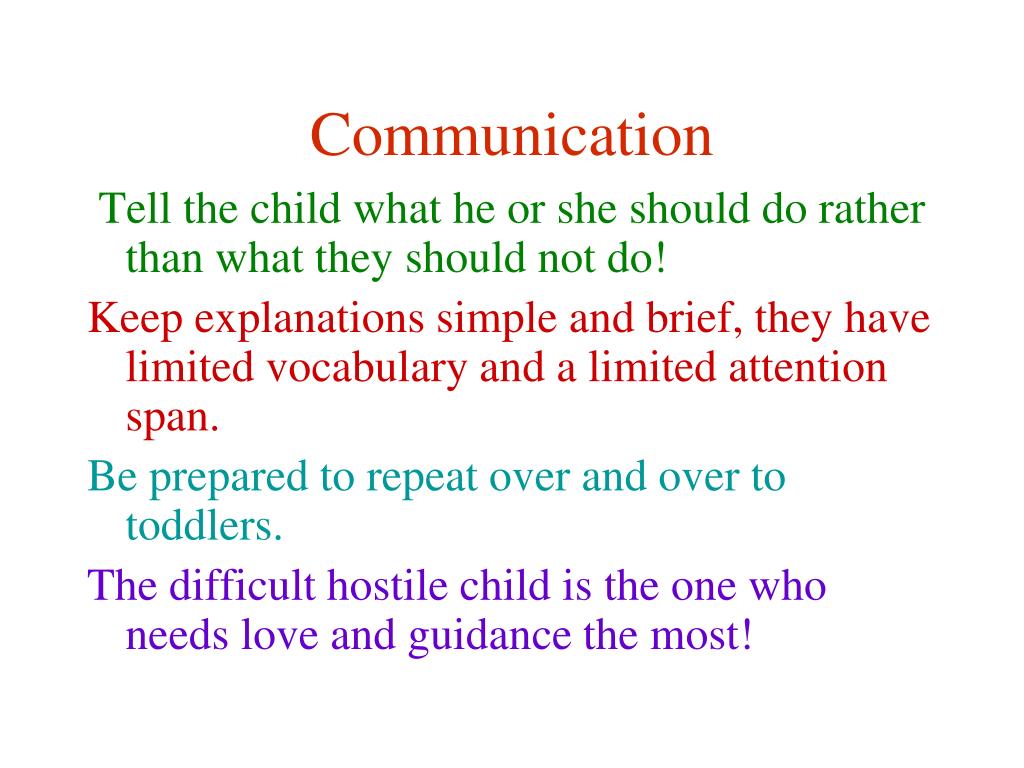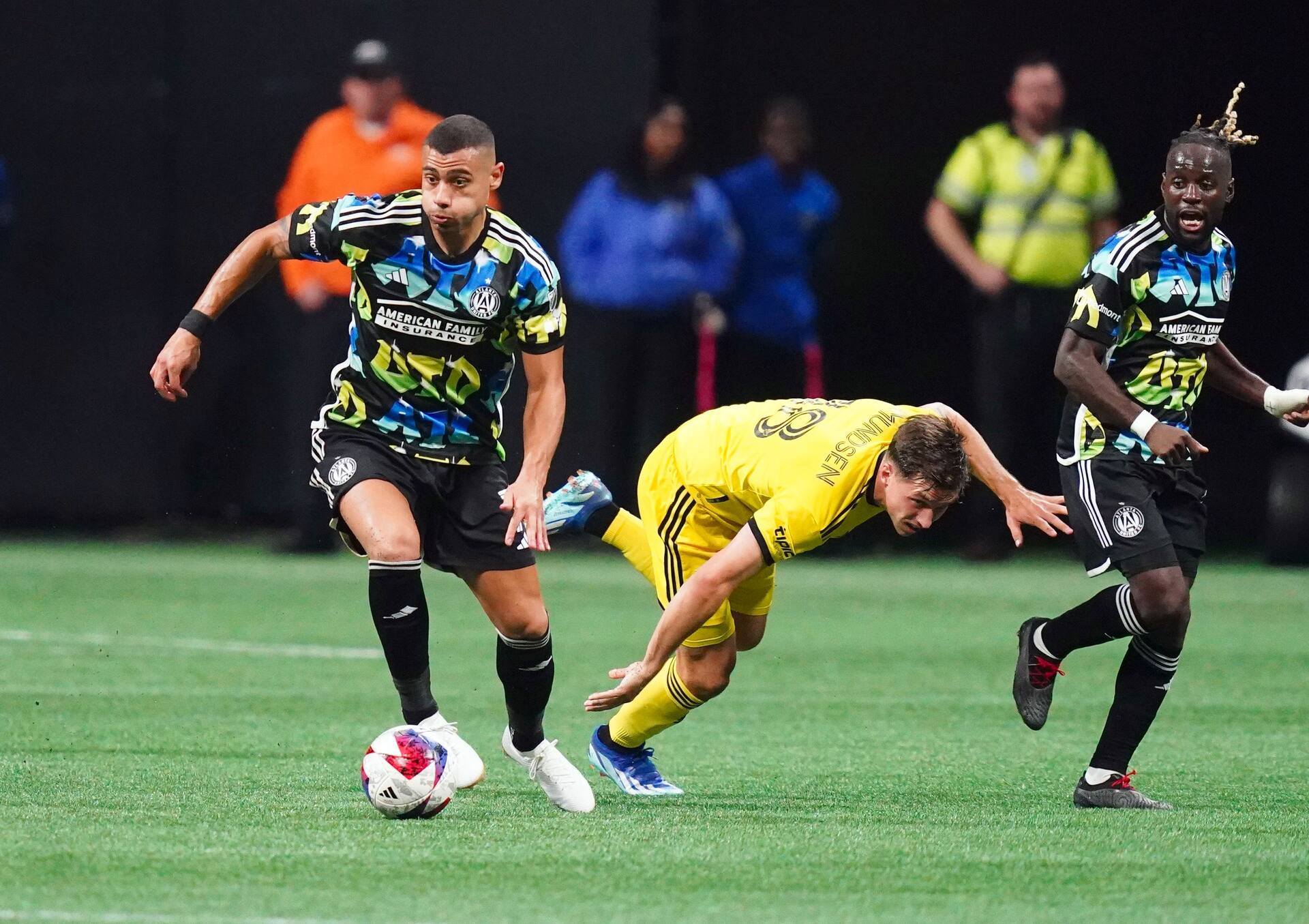Helping Your "Love Monster": Effective Discipline Techniques For Aggressive Children

Table of Contents
Understanding the Roots of Aggression in Children
Before diving into discipline strategies, it's crucial to understand why a child displays aggressive behavior. This understanding forms the foundation of effective intervention.
Identifying Triggers and Patterns
Aggressive behavior rarely occurs in a vacuum. Identifying triggers and patterns is the first step towards managing it. Common triggers for aggressive behavior include:
- Hunger: A rumbling tummy can lead to irritability and outbursts.
- Tiredness: Exhaustion significantly impacts a child's emotional regulation.
- Sensory Overload: Overwhelming sights, sounds, or textures can trigger aggressive responses in sensitive children.
- Frustration: Inability to express needs or achieve goals can lead to frustration and aggression.
Tracking aggressive incidents can help uncover patterns. Consider using:
- A journal: Note the time, location, trigger, and the child's behavior.
- A dedicated app: Many parenting apps offer features for tracking behavior and identifying patterns.
Exploring Underlying Issues
Sometimes, aggression is a symptom of an underlying issue. Consider these possibilities:
- ADHD (Attention-Deficit/Hyperactivity Disorder): Children with ADHD often struggle with impulsivity and emotional regulation.
- Developmental Delays: Difficulties with communication or social skills can contribute to aggressive behavior.
- Trauma: Past experiences of trauma can significantly impact a child's emotional development and lead to aggression.
If you suspect an underlying issue, look for these signs:
- Persistent and intense aggressive behavior despite interventions.
- Significant difficulties in social interactions and forming relationships.
- Significant delays in speech, language, or other developmental milestones.
Seeking professional help is crucial in these cases. Resources include:
- Pediatricians: Your child's doctor can provide initial assessments and referrals.
- Child psychologists or therapists: They can provide specialized interventions and support.
Effective Discipline Strategies for Aggressive Children
Discipline for aggressive children requires a multifaceted approach that prioritizes positive reinforcement and understanding.
Positive Reinforcement and Rewards
Focusing solely on punishment is rarely effective. Positive reinforcement motivates better behavior:
- Praise: Genuine praise for positive actions strengthens desired behavior.
- Stickers or charts: Visual rewards can be highly motivating for children.
- Privileges: Extra screen time or a special outing can serve as powerful rewards.
Create a reward system tailored to your child's interests.
Setting Clear Expectations and Boundaries
Clear rules and consistent consequences are essential:
- Age-appropriate rules: Ensure rules are understandable and achievable for your child's age.
- Consistent enforcement: Inconsistency undermines the effectiveness of discipline. Consequences must be consistently applied.
Time-Outs and Calm-Down Strategies
Time-outs should be used constructively, not as punishment:
- Designated calm-down space: Create a quiet space where your child can regulate their emotions.
- Deep breathing exercises: Teach your child simple breathing techniques to manage anger.
- Mindfulness techniques: Introduce age-appropriate mindfulness activities to promote self-regulation.
The goal is to teach your child healthy coping mechanisms.
Modeling Appropriate Behavior
Children learn by observing their parents:
- Manage your own anger: Model healthy ways to manage frustration and anger.
- Demonstrate conflict resolution: Show your child how to resolve disagreements peacefully and respectfully.
When to Seek Professional Help for Aggressive Children
While many strategies can be implemented at home, some situations warrant professional intervention.
Recognizing Warning Signs
These signs indicate a need for immediate professional help:
- Self-harm behaviors.
- Harming others, especially with increasing intensity or severity.
- Extreme outbursts that are difficult to manage.
- Significant impairment in daily functioning, including school and social interactions.
Finding the Right Support
Finding the right support can make a significant difference:
- Therapists specializing in child behavior: They have the expertise to address complex behavioral issues.
- Support groups for parents: Connecting with other parents facing similar challenges can provide valuable support and shared experiences.
Ask potential therapists about:
- Their experience with aggressive children.
- Their therapeutic approach.
- Their availability and fees.
Conclusion:
Helping your "Love Monster" navigate aggressive behavior requires patience, understanding, and a comprehensive approach. By understanding the roots of aggression, implementing effective discipline strategies, and seeking professional help when needed, you can create a positive and supportive environment for your child to thrive. Remember, even aggressive children need love and understanding. Don't hesitate to utilize the strategies outlined above and seek professional support for children with aggressive behavior. Remember, you are not alone in this journey, and with the right tools and support, you can help your child develop healthier coping mechanisms and navigate their aggression effectively.

Featured Posts
-
 Fastest Ever Man Completes Record Breaking Australian Foot Journey
May 21, 2025
Fastest Ever Man Completes Record Breaking Australian Foot Journey
May 21, 2025 -
 Klopp Mu Ancelotti Mi Teknik Direktoer Secimi Analizi
May 21, 2025
Klopp Mu Ancelotti Mi Teknik Direktoer Secimi Analizi
May 21, 2025 -
 Saskatchewan Political Panel Federal Leaders Visit Sparks Controversy
May 21, 2025
Saskatchewan Political Panel Federal Leaders Visit Sparks Controversy
May 21, 2025 -
 Effectief Bankieren In Nederland Tikkie En Meer
May 21, 2025
Effectief Bankieren In Nederland Tikkie En Meer
May 21, 2025 -
 Giorgos Giakoumakis Factors Affecting His Potential Mls Transfer
May 21, 2025
Giorgos Giakoumakis Factors Affecting His Potential Mls Transfer
May 21, 2025
